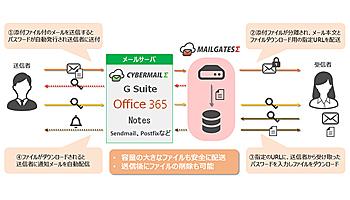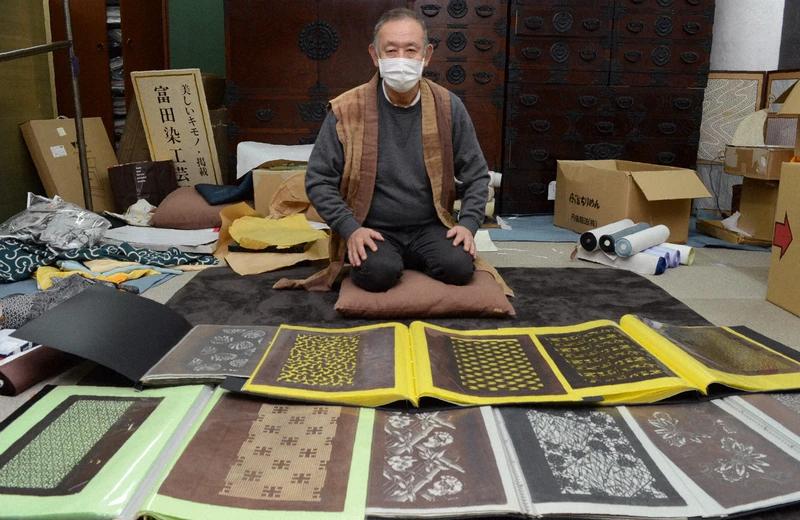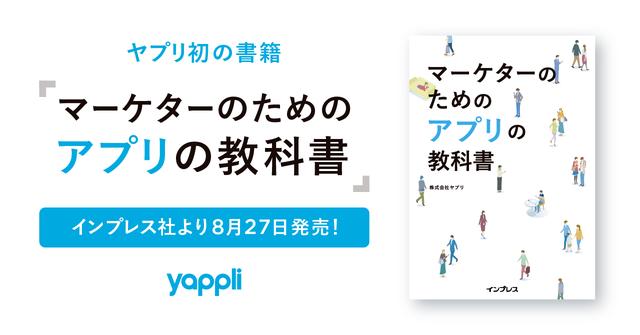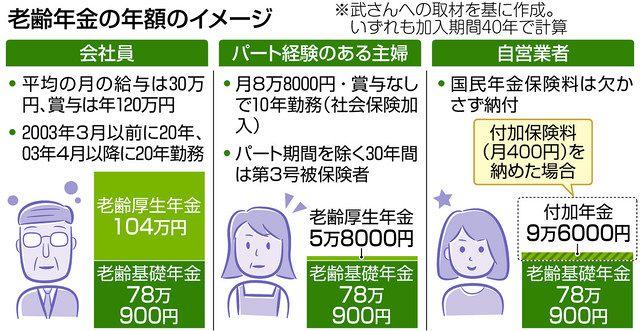news
January 13, 2021 11:58
Cyber Solutions Co., Ltd. announced on Tuesday that it will strengthen the attached file separation delivery function implemented in the company's cloud mail service and cloud mail security services.From February 1st, delivery will be started on another route of password notification email.
When exchanging confidential files by e -mail, there are many ways to send a zip file with password and then send the password on the same route (PPAP), but in November 2020, "security measures and convenience on the receiving side"From a sexual point of view, it is not appropriate, "the Cabinet Office and the Cabinet Secretariat announced that it will eliminate use.Along with this, it is said that other ministries and local governments, as well as private companies, have stopped sending files in the PPAP method.
In Cyber Solutions, as an alternative, the files sent to the email are automatically saved in the cloud storage and the file download URL is sent to the recipient.This time, we updated the cloud -mail and cloud -mail security services provided by the company to strengthen this security.
Specifically, a service that sends only the password notification email sent when using the attached file separation delivery function is launched in a different route from the normal email.Regarding the password notification email delivered by another route, the sender IP address is different from the normal e -mail, and the password notification email at the time of delivery will delete the route information before the route separation.
There are three corresponding services: Microsoft 365 / Google Workspace's email security enhancement service "CLOUD MAIL SECURITYSUITE", cloud -based mail security service "Mailgates σ", and cloud -type mail service "Cybermail σ".

Such mechanisms were provided as standard specifications in the attached file separation delivery function, and could be used by add -on to Microsoft 365 or Google Workspace.In the future, in addition to these functions, it is said that the development of total solutions that reduces the risk of PPAP methods will be considered.







![Advantages of "Gravio" that can implement face / person recognition AI with no code [Archive distribution now]](https://website-google-hk.oss-cn-hongkong.aliyuncs.com/drawing/article_results_6/2022/2/25/98ceaf1a66144152b81298720929e8e7.jpeg)